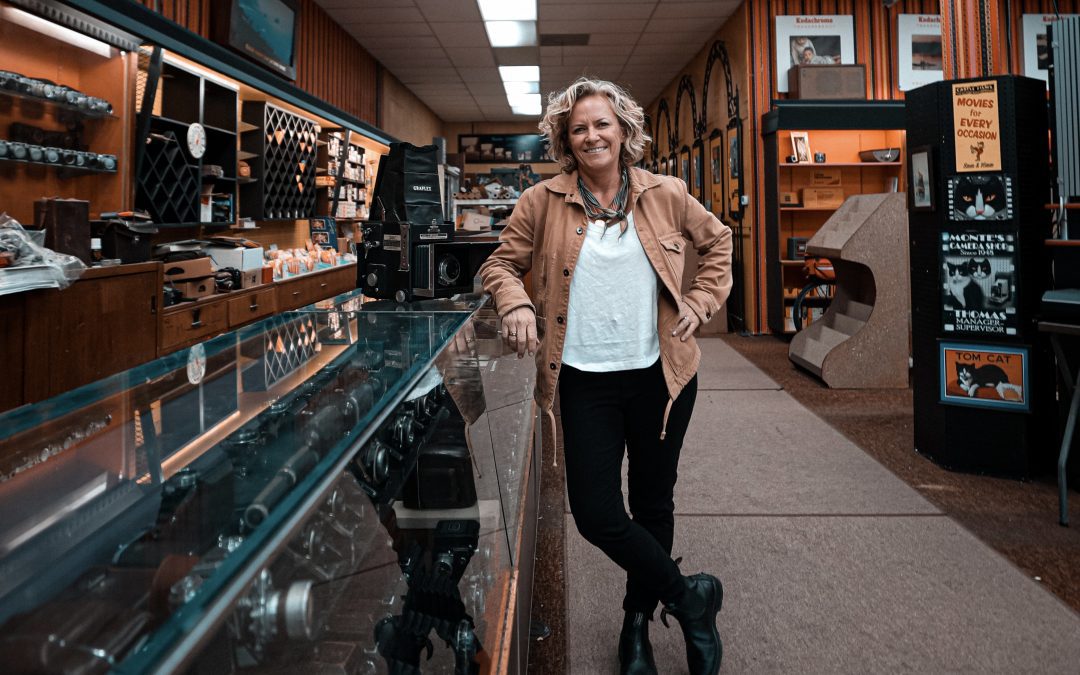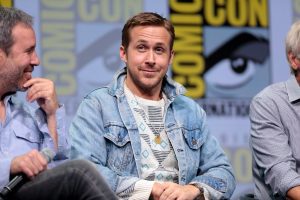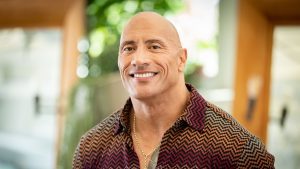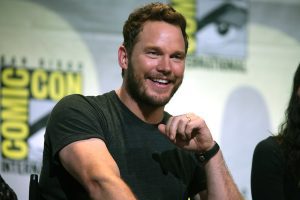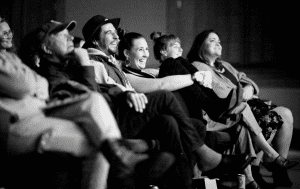Leann Emmert discusses the difficulties of working internationally, factoring wildlife while filming and challenges the lack of accolades that location managers receive at the Academy Awards.
By Tinder Kiely
Leann Emmert recalls being an aspiring photographer with a dream: She wrote to National Geographic, but never heard back. So, she put that dream on hold and went to college to study international affairs, hoping it might allow her to merge a future career with her passion for travel. When she graduated and realized she had no interest in working for the government, then what? Emmert pivoted and decided to try her hand at the film industry, and with her eye for photography, it worked out well for her. After a few years, she realized she’d manifested her dream job. “Scouting rooftops in Hong Kong, being in a helicopter flying over glaciers in Greenland, or floating down a river in Vietnam. There are many, many times in my career where I feel pretty freaking lucky someone is paying me to do this job.” Emmert has location scouted and managed for movies such as The Fabelmans, Dune, Kong: Skull Island, Transformers, The Dark Knight Rises and many more.
How does working internationally shift your responsibilities?
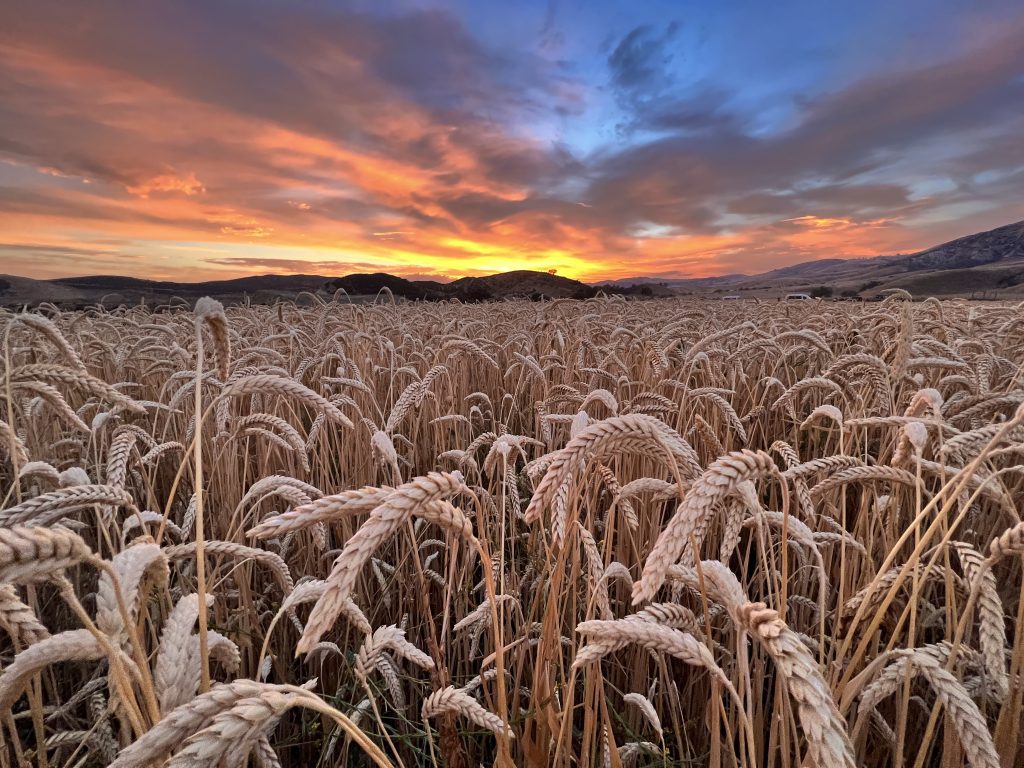
Scouting for Rebel Moon (Courtesy of Leann Emmert)
The big thing is folding into the way they do things in another country, and every country has a different system. When I’m going to a country where I don’t speak the language, we’ll hire a local production service company. And I’ll either engage with a local location person, or, if they don’t have a location person, just somebody who knows the geography. Sometimes when I’m working in other countries where there is a language barrier, for instance, this time in South Korea, there would be moments where I could hear a change in tone in the room. Sometimes, even though I didn’t know what they’re saying, I could just feel it, I could tell something was wrong, but they would assure me everything’s fine. So then I would ask my translator, “I don’t want you to interpret, I want you to translate everything they’re saying right now,” and sometimes uncover that we actually had big problems that they weren’t telling me. Part of doing this job is really listening and, if you’re in a foreign country, reading body language and tone so that you know where the bumps in the road are so you can solve them.
What factors do you consider when you’re scouting a location?
It starts with the script. There are times when you go literal with things, but there are times when you’re working on a movie like The Dark Knight Rises, where these things don’t really exist, like an underground bunker where there’s thousands of police officers. Where could that be? What could that be? A lot of times you have to get really creative and think outside the box. Having the ability to take a good photograph of something and shoot the shot the way a DP would see it, and getting them excited about it—that’s a very important skill to have.
When I get excited about something and I just take a ton of photos, when I can’t take a bad angle or shot, I know it’s going to be a pick. If I can shoot it sexy, they can shoot it sexy.
Has local wildlife ever been a factor you’ve had to consider?
Yes, it’s currently a factor. So we’re shooting this chase scene through a forest [in Australia], and we need to clear a couple trees—it’s a tree farm, so it’s not like we’re cutting 1,000-year-old trees just for a movie—but we’re cutting some pathways, and there are wombats that live in there. To make sure that no wombat is being hurt for this movie, we have a wombat lady. We have a whole process with this wombat specialist who will go in and check holes and relocate wombats to other holes if we find one.
There was another location that I was scouting here—a hillside for a car-chase scene. Sometimes we film a reenactment of the scene to show production how it could work, so with one of my colleagues, we were filming, and kangaroos kept jumping in front of my car. Apparently they jump at lights. I realized that this could be a problem when we’re shooting, if those kangaroos keep jumping in front of the car, so we have to get a kangaroo wrangler to deal with that. There’s quite a lot of deadly things in Australia, you know, we kind of joke that everything in Australia can kill you.
What was your big break?
I don’t really know what my big break is, but I would say a career highlight was managing the Fabelmans with Steven [Spielberg]. I’ve worked as an assistant on some other movies with Steven Spielberg, like Lincoln and Minority Report and War of the Worlds. But being a department head on Fabelmans, and that film being so special and important to him, I think the whole crew felt very honored to be on that.
What are some of the most important lessons you’ve learned throughout your time working in the industry?
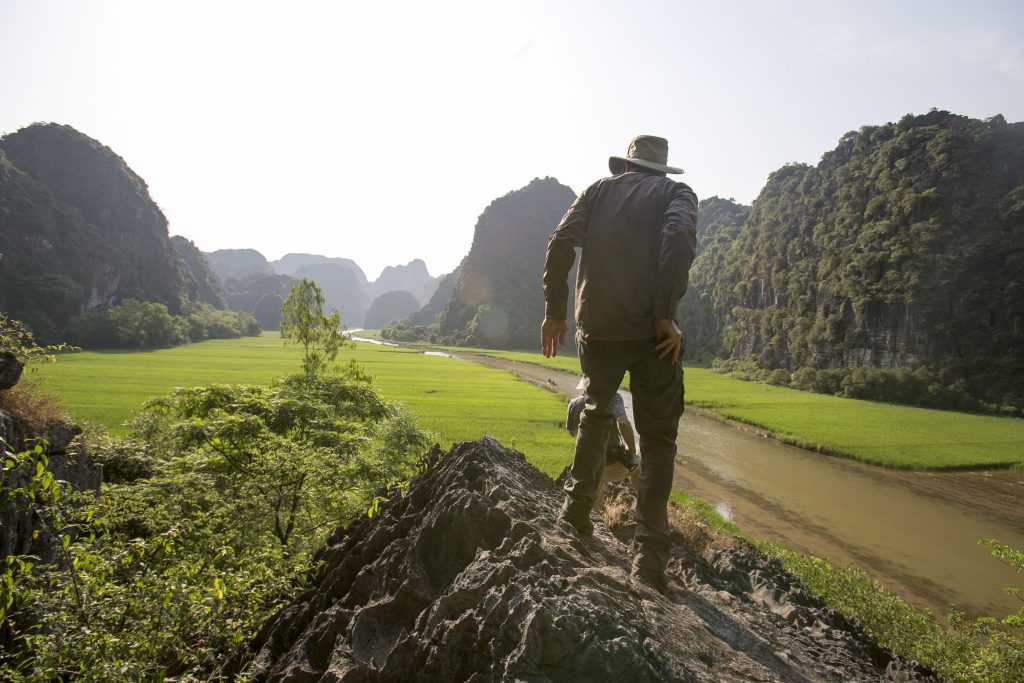
Scouting in Vietnam (Courtesy of Leann Emmert)
The job can often feel pretty overwhelming and pretty stressful. But, it’s really important to stay calm. And, you know, you can’t always pull everything off. Just trying to remember that we’re not saving lives. These are not life or death situations normally. Just making sure to stay positive and do the best job that I can do.
From Douglass Dresser to Chris Baugh, there’s several of us who have had these conversations about the stress level that we carry, because of the pressure. Making a movie is like planning a wedding, and there’s a different venue every day. This giant circus—it’s like a circus—is going to be on the tracks and going to a new location every day, and you’ve got to make sure the tracks are laid and everything is perfectly set up so they can roll in and have this playground. Quite often, schedules change because of weather or actor availability. You change one location and it’s like pulling out one of the dominoes, and they’re not all going to fall into place. It’s constantly keeping ahead of them and keeping everything organized. It’s a very high pressure job. I think it’s very underappreciated in the world of filmmaking.
How is it underappreciated?
I just heard that casting directors are now getting Academy Awards. Why? Sound people have two awards, two different categories for Academy Awards. I 1000% believe that location managers should get awards. I’ve heard that—somebody who should go unnamed has said—“oh, they’re never going to do it because not every movie has locations.” Some movies are shot on stage, and that’s true, but not every movie has VFX, and there’s VFX awards.
I think that the Academy Awards are there to celebrate outstanding achievements in the industry. There are people out there that are really doing amazing work, people in the location world across the world that are finding spectacular locations or pulling off crazy stuff. Every time I watch a Mission Impossible movie, I sit there jaw-dropped knowing how much work has gone in those and having worked on lots of those kinds of movies, like the Transformers movies and Batman, where an insane amount of control is needed.
Every movie you watch, a production designer is getting an award for incredible design, but there’s plenty of movies. Again, let’s say the Bond movies or the Mission Impossible movies, or Lord of the Rings type movies where you have these incredible landscapes and the location scout didn’t necessarily create that gorgeous mountain range, and neither did the production designer, but a lot of work goes into finding and paving the way for companies to be in these places, whether it’s an incredibly busy city or a distant desert. What is seen on screen starts with us.
What is the most difficult thing you’ve ever had to do as a location scout or manager?
So many things are so difficult. I would say Kennedy Space Center was one of the hardest locations I’ve ever filmed at because the government and NASA have so many rules, and to have a movie like Transformers go in there, and Michael Bay, who just wants to show up and have a playground. It’s hard to pre-plan with a director because you’re just trying to plan for everything. It’s really hard to go to a place like Kennedy Space Center and plan for everything when speed limits are 15 mph and you want to see cars racing through there. I had a couple of panic attacks when I was there, and I would just be like, “I’ll be back in a minute.” I sat on the stairs of where you see the countdown clock. I asked for this location and I was just so stressed. But I’d think, okay, pull it back together, go back in, keep pushing, keep pushing. It’s like trying to push a building. That’s what it felt like. There was even a day when we got a call from the NASA contact in D.C. and he was about to shut us down—they weren’t happy with how things were going.


